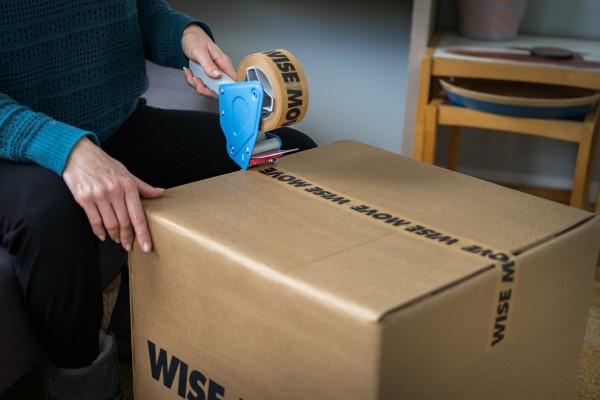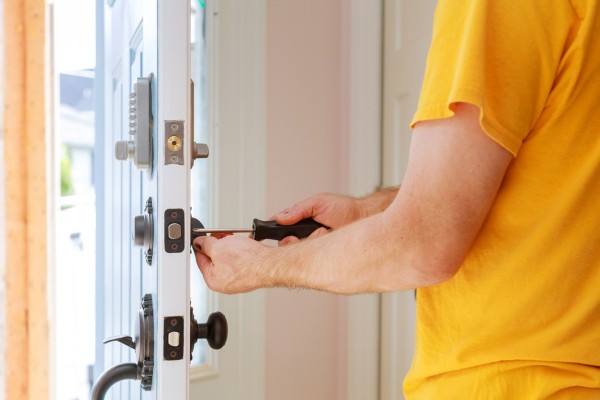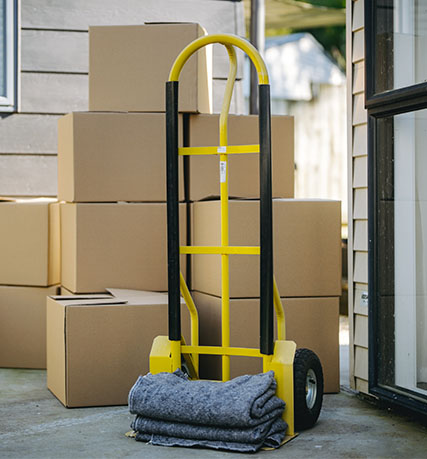Buying a house? Everything you should inspect before you buy

Buying a home is a significant investment, and taking the necessary steps to ensure you're making a good investment is essential.
One of the most important steps in the home-buying process is to inspect the property before you put in an offer. Whether you hire a professional or do the inspection yourself, this will give you a good idea of the state of the home and what type of maintenance issues you can expect in the future.
Why inspect the home you are about to buy?
So, you’ve done a walk-through of the property, noticed how many beds and baths there are and have a good idea of what state the house is in, right? Not necessarily.
It’s easy to make a home look like a good investment with a lick of paint or the right furniture staging. It’s not until you inspect your potential new home up close that you will have a good idea of how sound the house is.
Poorly done renovations, leaks, draughts or bad electrical work could result in you spending thousands of dollars on your home that you just weren’t expecting. Here’s why you should always inspect a home before you place an offer:
Uncover hidden issues
A home inspection will reveal issues you might have missed on your initial walk-through. It’s easy to get carried away with the layout and size of a home the first time you visit it and not pay close attention to the parts of the home that aren’t immediately noticeable, especially to the untrained eye.
Look for structural issues, faulty electrical or plumbing systems, and hidden water damage. By uncovering these issues, you can avoid costly repairs or renovations in the future. Check how well the shower, bath and taps run and how well the plugs drain.
Take a phone adapter with you and check how many outlets are properly wired in the home. These are the types of things that won’t show up on a builders’ report but could cost you dearly.
Negotiate a better price
If your home inspection reveals significant issues, you may be able to negotiate a lower price with the seller. This can help you save money on the purchase price and any repairs or renovations needed.
On the other hand, if your inspection reveals that your ‘dream home’ has many issues, you can at least walk away knowing you did your due diligence. While it’s disappointing to find hidden problems with your home, it’s always better to know this information early on to make an informed decision.
Ensure your safety
A home inspection can also identify potential safety hazards, such as faulty wiring or mould growth. Addressing these issues before moving in ensures your new home is safe for you and your family.
There’s nothing worse than moving into a home only to discover a risk to your safety.
Peace of mind
A thorough home inspection can give you peace of mind knowing you're making a sound investment. You can decide whether to proceed with the purchase by identifying any potential issues upfront.
An inspection can also allow you to budget more accurately for any improvements, renovations or modifications. It’s unrealistic to expect to buy a home with zero improvement needs. This way, you’ll better understand what money you might need to spend over five to ten years.
Read more home content:
- How to improve the safety of your new home after move-in day
- Home appraisal versus home valuation: what do they mean?
What are the pros of hiring a professional inspector?
It’s up to you whether or not you hire a professional inspector to look at your home. A professional inspector has the expertise and experience to identify potential issues you may not know. If you don’t have a building background or have never owned a home, you may miss some of the issues a professional would easily pick up on.
A professional will also provide you with a comprehensive report that details any issues or concerns they have about the property. This can be valuable when negotiating the purchase price or deciding whether to proceed.
Your inspector will also have the right tools to inspect areas of your home you might not have thought of. For example, moisture detectors and thermal tools can show leaks or water damage in the walls and floors that you may not be able to see.
By hiring a professional inspector, you can have peace of mind knowing that an expert has thoroughly inspected the property and identified any areas of concern.
What are the cons of hiring a professional inspector?
Hiring a professional inspector can be costly, which may be a deterrent for some homebuyers. Scheduling a home inspection can take time, delaying the home-buying process. While a home inspection is a good investment, it may not identify every issue with the property.
What areas of my home should I check?
Site and Grounds
-
Pathways and driveways free of cracks or loose concrete
-
Fences are structurally sound, not rotting or damaged from termites
-
Proper drainage on grounds
-
No signs of standing water
-
No visual pest damage to lawn or grounds
-
Landscaping and gardening are in good condition
-
Veranda, balcony, and deck are in good condition
Exterior Structure
-
Walls and cladding free of damage/cracks
-
Paint is well-maintained
-
No signs of mould or damp on walls
-
No defects on flashings, mouldings or sills on doors and windows
-
No vines growing into the house, surfaces or structures
Roof
-
Sheet roofing free of corrosion
-
Roof does not bulge or sag
-
No defects/damage to gables
-
Paint coat is in good condition
-
Roof gutters are free of decay or rust
-
No damage or stains on roofing underside
Interior Space
-
Ceilings don’t sag, crack or show signs of staining
-
Walls aren’t cracked, show staining or signs of damp
-
No vertifical distortion of walls
-
Floors are even, free of signs of dampness
-
Windows open freely
-
Window glass intact
-
Joinery free of corrosion
-
Door frames operate freely
-
Doors and windows have working locks
-
Stair rails are sturdy
Kitchen
-
Benchtops are even, don’t lift and are free from damage
-
Kitchen cupboards are free of water damage, don’t smell musty
-
Cupboard doors and drawers open freely and are in good condition
-
Sinks/taps free of chips, cracks
-
Taps don’t leak when turned off
-
Water taps turn on easily
-
Sinks drain well
Bathrooms
-
Cisterns free of cracks and leaks
-
Cistern doesn’t run and flushes correctly
-
Taps don’t leak
-
Toilets operate properly and don’t run
-
Floor covering in good condition and watertight
-
Shower screen free of cracks and sealed at the floor/wall
-
Shower tiles don’t have any cracks
-
No signs of leaking around the shower or bath seal
-
Vanity basin, cabinet, and mirrors free of damage
-
Doors/drawers operate correctly
-
Room free of mould or signs of condensation damage
-
Fan is installed and works properly
-
Windows open freely
Utilities
-
Interior and exterior lights work
-
Plugs draw power when tested
-
Alarm system installed and working
-
Smoke alarms installed and working
-
Plumbing in good condition, no signs of leaks or stains
-
Electrical wiring in good condition
-
Sufficient insulation in the roof, walls and floor
-
Adequate ventilation throughout the house
A thorough inspection allows you to identify potential issues that could result in costly repairs down the line and negotiate a fair price with the seller. By hiring a qualified home inspector, you can gain peace of mind and make an informed decision about whether or not to move forward with the purchase. Ultimately, investing time and resources into a home inspection can save you money, time, and frustration in the long run.
Need help moving into your new home? Wise Move can help. Find a reliable, affordable mover that goes and above and beyond for you.
What do our customers say?




Wherever You Are
Moving services across New Zealand. All Covered. No Hassle.
- Auckland
- North Shore
- Wellington
- Christchurch
- Hamilton
- Tauranga
- Palmerston North
- Nelson
- Whangarei
- New Plymouth
- Queenstown
- Dunedin
- Invercargill
- Rotorua
- Napier-Hastings
- Kapiti
- Whanganui
- Gisborne
- Blenheim
- Pukekohe
- Timaru
- Taupō
- Masterton
- Levin
- Ashburton
- Whakatāne
- Rangiora
- Feilding
- Rolleston
- Tokoroa
- Oamaru
- Hāwera
- Gore
- Waiuku
- Waiheke Island
- Greymouth
- Wanaka
- Motueka
- Te Puke
- Huntly
- Matamata
- Morrinsville
- Kerikeri
- Thames
- Kawerau
- Waitara
- Ōtaki
- Lincoln
- Kaitaia
- Stratford
- Alexandra
- Dannevirke
- Carterton
- Dargaville
- Cromwell
- Waihi
- Whitianga
- Snells Beach
- Marton
- Warkworth
- Foxton
- Taumarunui
- Katikati
For every (wise)move










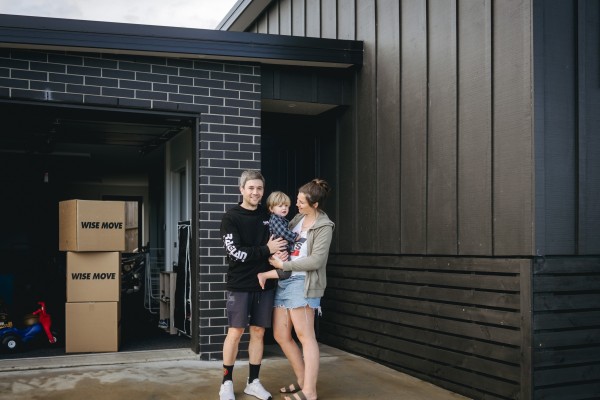

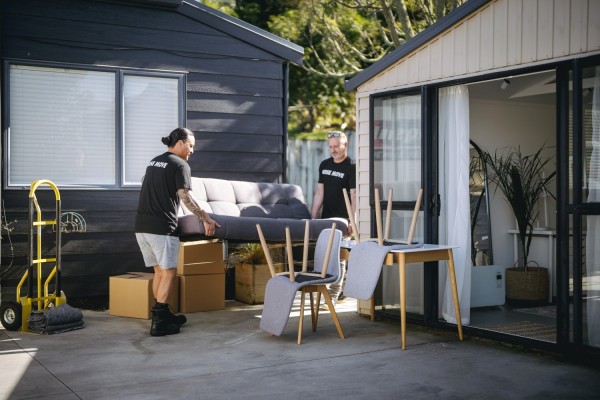
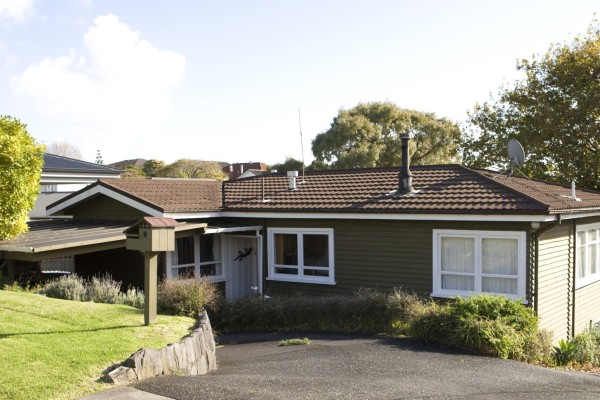

![What does it cost to build a new house in New Zealand? [2025] What does it cost to build a new house in New Zealand? [2025]](https://cdn.wisemove.co.nz/image/blog/ffd5dbdc5eec7e9eb3ad049d6c5c7f4d.jpeg)




